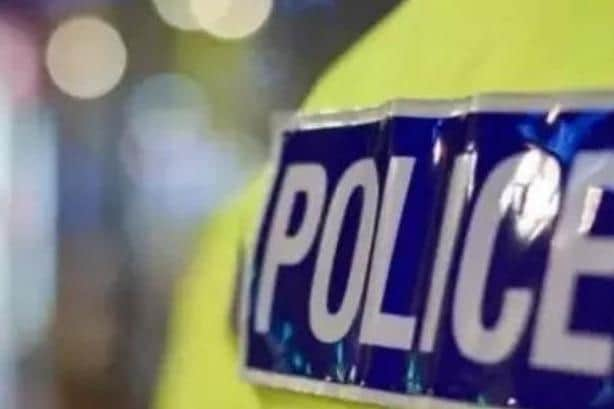Residents in the Desborough area warned to be extra-vigilant after series of courier frauds
and live on Freeview channel 276
People in the Desborough area as well as across the region are being warned to be extra-vigilant after a new mini-surge of courier fraud crimes.
Detectives are issuing the warning after at least seven elderly victims have been targeted in Northamptonshire in the last eight weeks alone.
Advertisement
Advertisement
Tricksters phone a potential victim, claiming to be from their bank or the police, before tricking them into revealing their PIN number, bank card and personal details.


In the recent wave of incidents the vulnerable victim has been told to withdraw a large sum of money to enable police to investigate an “alleged corruption” within their bank or building society.
They are then told to get a taxi to their bank or building society.
The criminals will even suggest a plausible reason for why they are withdrawing so much cash if the victim is challenged.
Advertisement
Advertisement
The fraudsters will often go to the victim’s house and take the money, promising to reimburse them once their ‘investigation’ has been completed.
Det Insp Tania Ash, of Northamptonshire Police’s Economic Crime Unit, said: “The criminals carrying out these scams are exceptionally clever and know how to manipulate their victims by making them feel panicked and rushed into actions they will later regret.
“We would urge everyone who is involved in a caring or supportive role for an elderly loved one to start conversations about the tactics used and warning signs to look out for.
“Just having that conversation, especially if their loved one is not particularly tech savvy, could be the difference on whether someone becomes a victim of this trust-eroding crime,” added Det Insp Ash.
Advertisement
Advertisement
“Under no circumstances would the police or banks ask you to withdraw money from your account, or transfer funds into another account for fraud reasons, nor would they ever ask you to become part of an undercover investigation
“Our advice is that if you receive any call where you are asked to provide personal or financial information, is to take a few moments to reflect on the situation and stay calm.
“Never assume a phone call is genuine, even if the caller knows basic details about you, such as your name and address.
“You should also know that criminals can make any telephone number appear on your phone handset, so even if the number shown seems authentic, never trust this.
Advertisement
Advertisement
“If you receive a phone call of this type, have the confidence to end it.
“A genuine organisation will never mind you taking the time to think things over or to contact them back on a number you have verified, for example from your bank statement or payment card,” said Det Insp Ash.
“If the caller is claiming to be a police officer, the relevant force can be contacted on 101 and will be able to verify if a caller is a genuine officer or member of staff.”If you think you have been a victim of fraud you should report it to Action Fraud, the UK’s national fraud reporting centre, by calling 0300 123 20 40 or online by visiting www.actionfraud.police.uk